Apple finds itself in hot water over delayed AI features, but the company isn't backing down. Apple filed a motion to dismiss the class action lawsuit targeting its Apple Intelligence rollout delays on Thursday. The company says two missing Siri features do not justify sweeping legal claims. The twist, and it is a big one, is how this fight spotlights the stakes of the AI arms race and the risk when Apple's famously polished marketing collides with the messy reality of shipping AI.
The leadership shuffle says plenty. The executive in charge of Siri, John Giannandrea, has been reassigned, with Mike Rockwell now leading the Siri team. But the deeper issue is cultural. Siri co-designer Luc Julia said that an obsession with perfection is likely slowing the release of an upgraded Siri.
That perfectionist streak cuts both ways. It has kept Apple's products polished, yet AI moves on a faster clock. Rumors say that Apple's AI division employees believe that the enhanced version of Siri will not be available until at least iOS 27, which suggests a timeline that stretches to 2027. Monthly leaps, yearly releases. You can feel the friction.
Apple faces a multi-front legal war requiring a systematic response
Apple's motion to dismiss has a real shot, based on the procedural gaps it highlights. The company's point that Apple said there are numerous other issues with the complaint, as it is filed, hints at several ways to undermine the case.
The bigger picture, though, is that this is not a one-off. It is part of a pattern that Apple now has to manage. Apple's rebuttal says it clarified Apple Intelligence features would be "delivered over time and continue to evolve" as the rollout progressed, and that very message is being tested across multiple courts at once.
The scope widens beyond consumer suits. A Los Angeles class action accuses Apple of misrepresenting iPhone 16 AI features, while Apple shareholders are suing over AI rollout delays they claim cost them nearly a trillion dollars. These are different audiences, consumers, investors, and partners, all pressing on Apple's AI promises from different angles and forcing a coordinated defense that connects technical capability, marketing language, and financial expectations.
PRO TIP: Watch how Apple's legal responses evolve across these cases. The playbook used here could ripple into the shareholder fight, which makes this motion to dismiss more strategic than the dollar figures suggest.
Bottom line, Apple is probably right that this lawsuit fixates on a small slice of delayed features. The deeper issue is the mismatch between its "it just works" ethos and AI's iterative cadence. Can Apple protect itself in court while staying competitive in the lab? That answer will define its AI era.




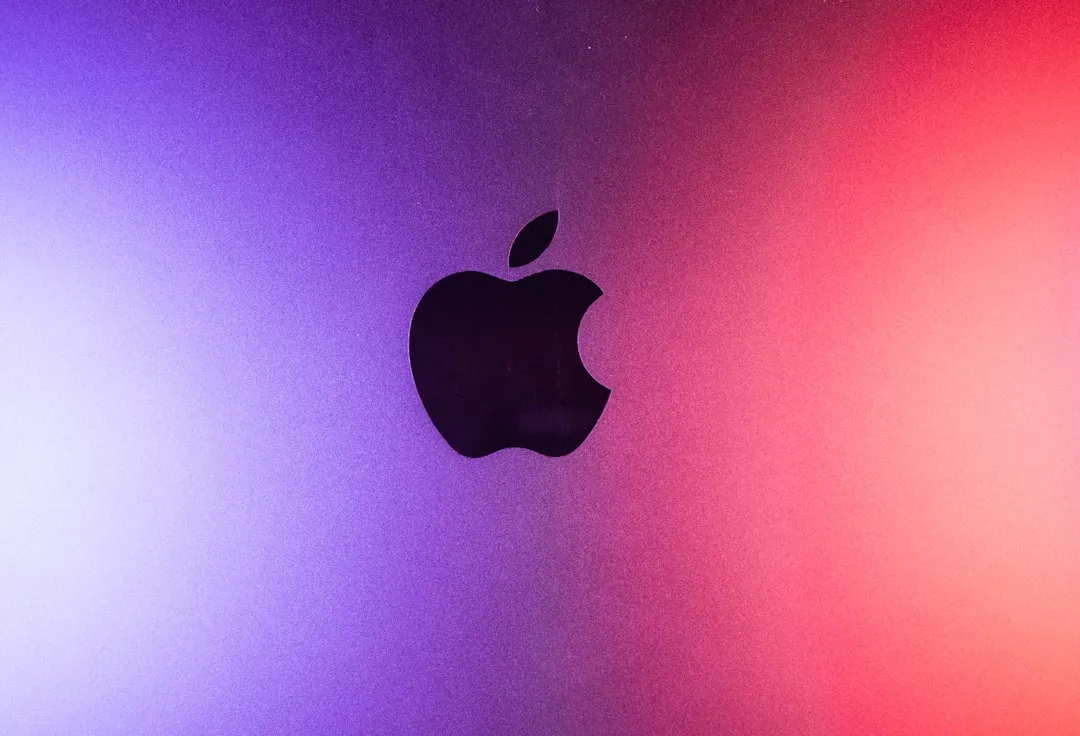
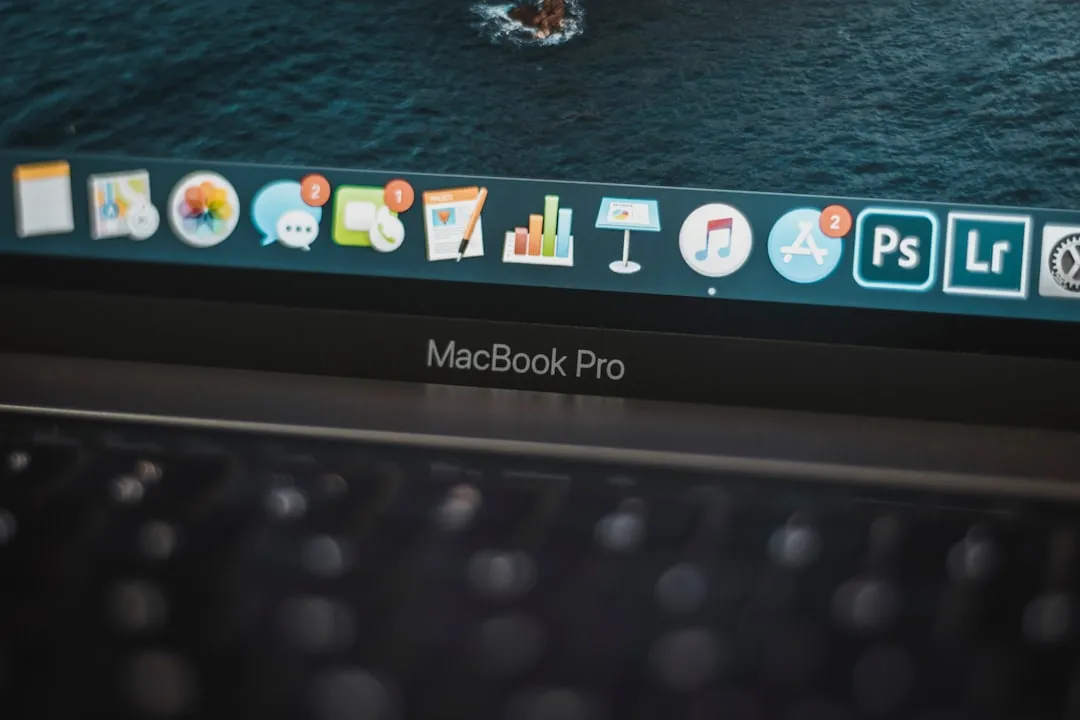
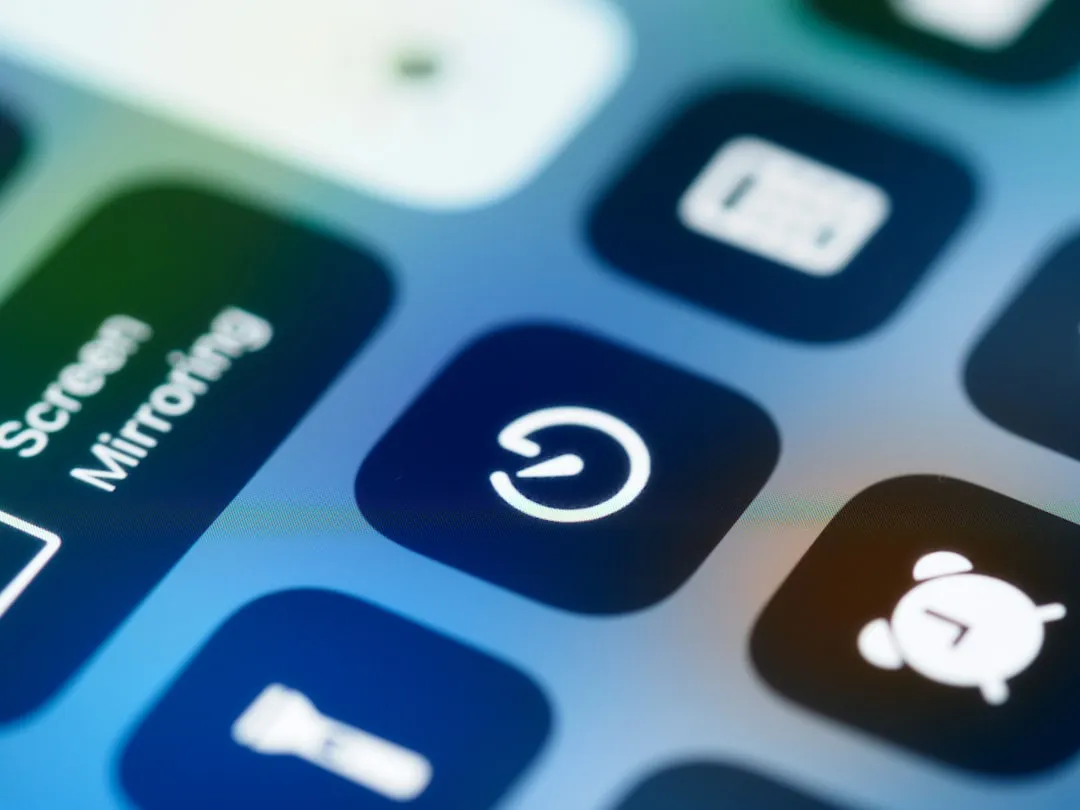
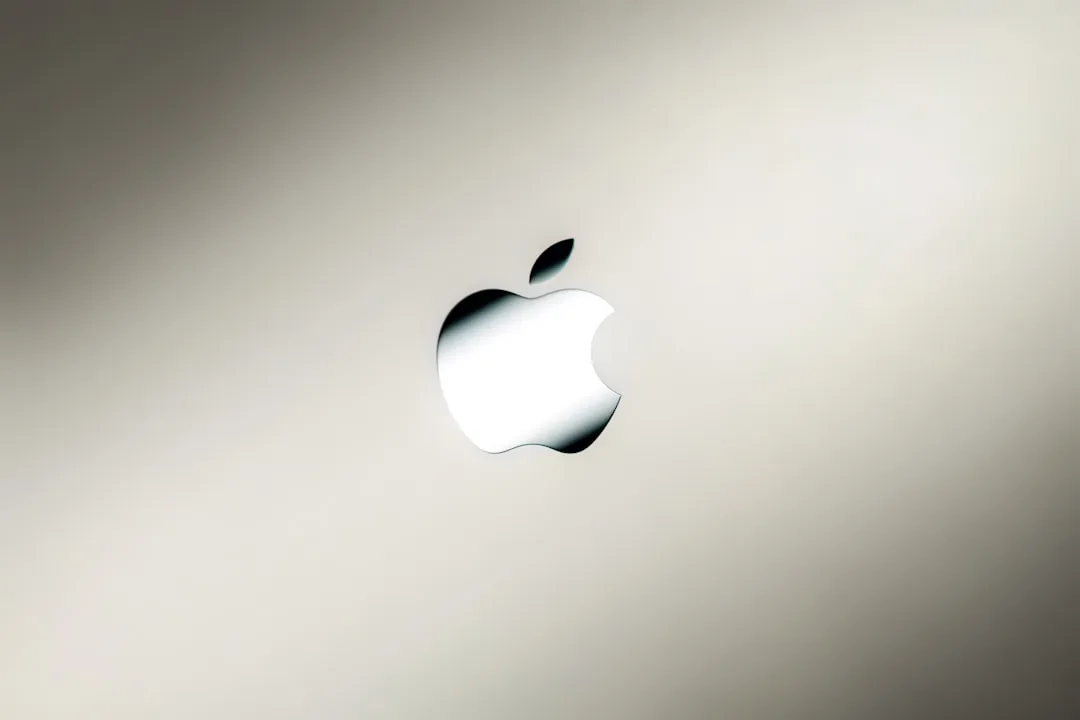
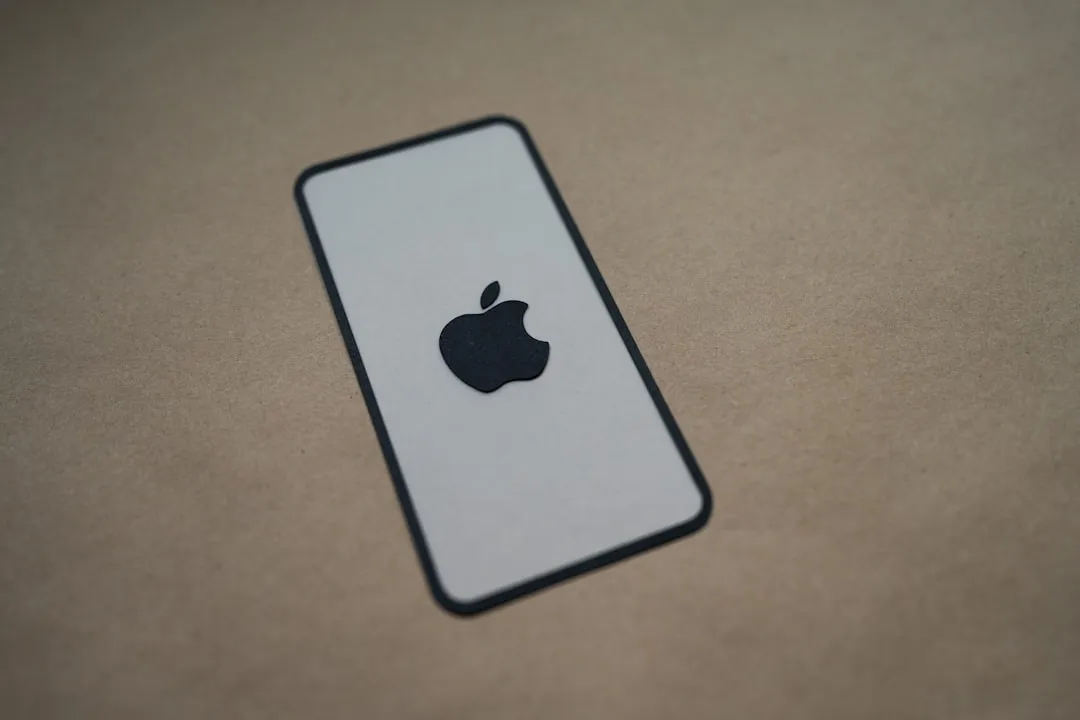

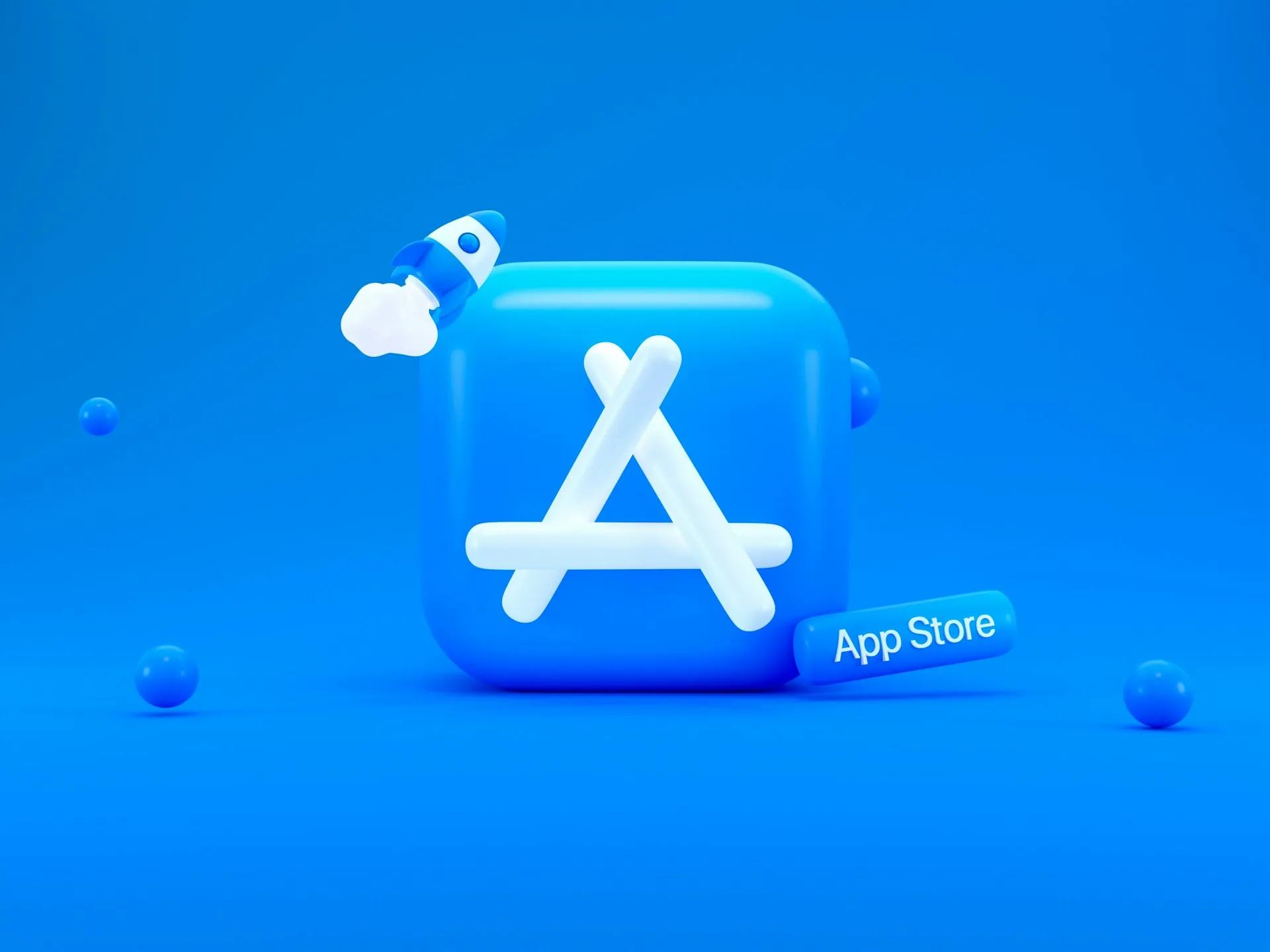
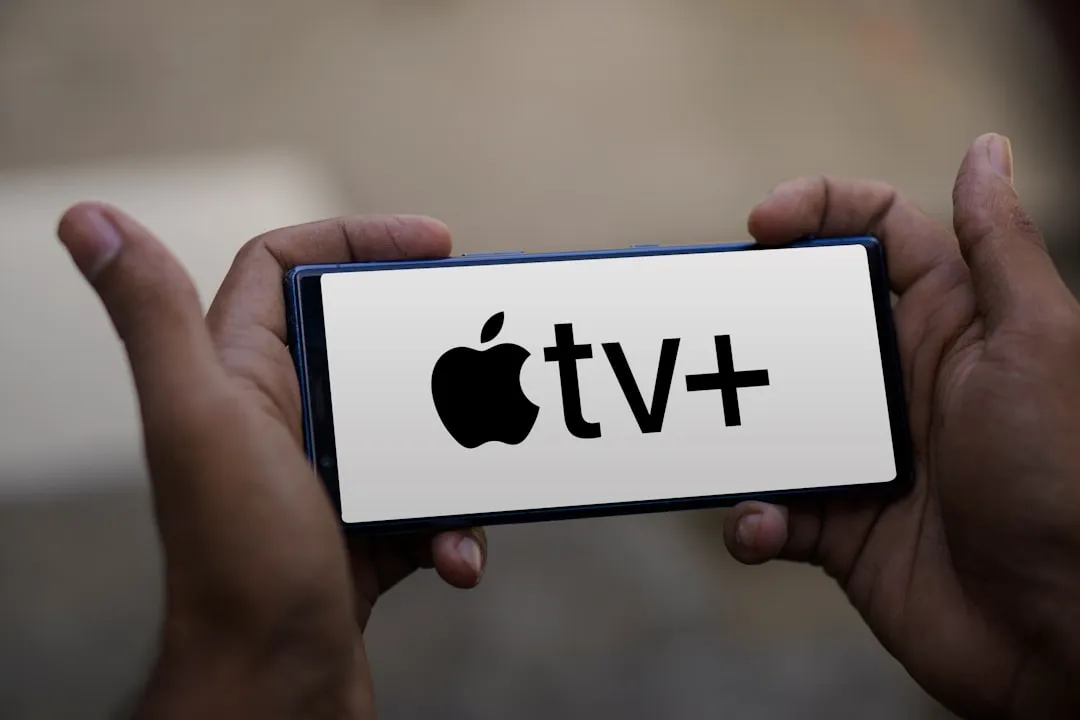
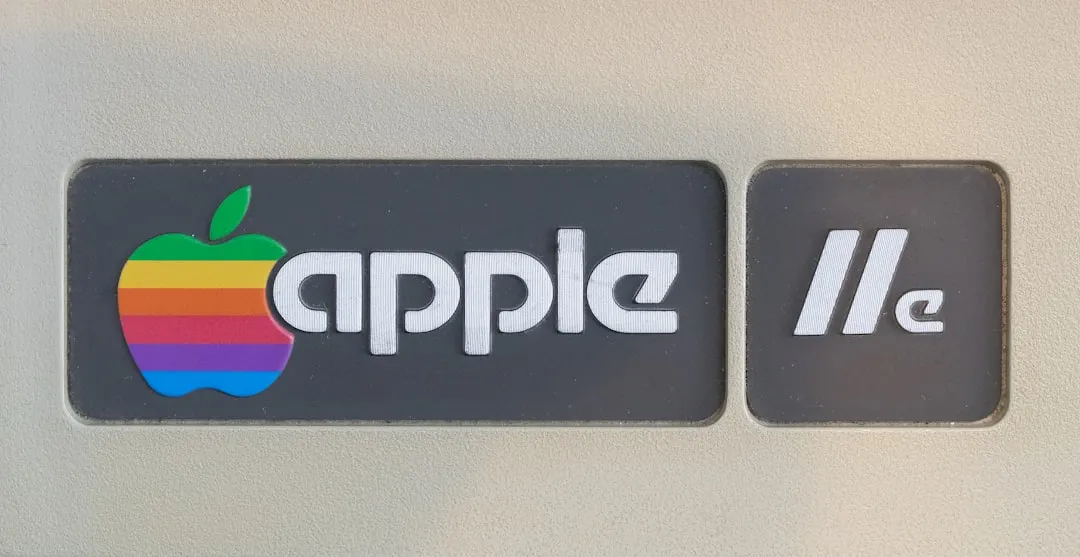
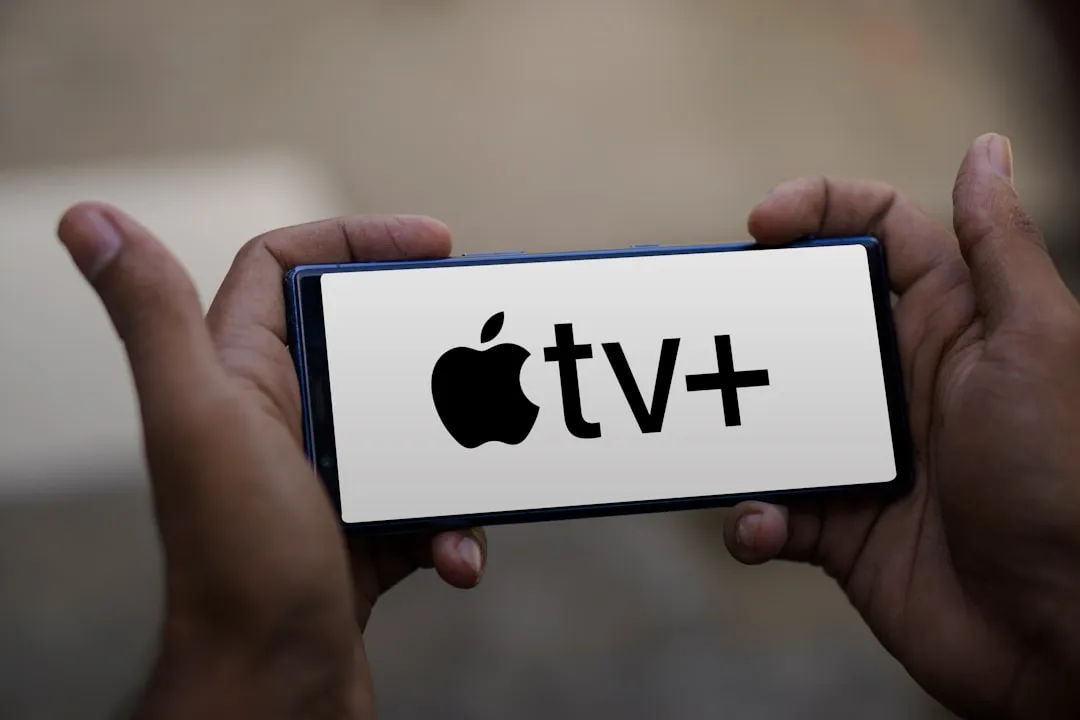
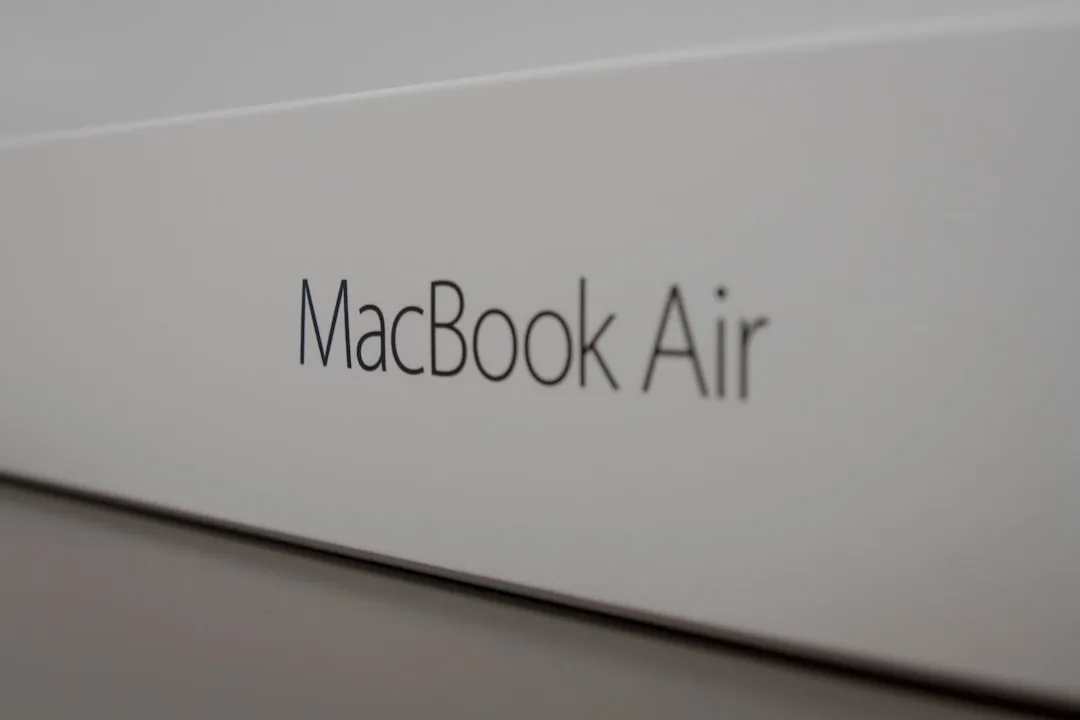
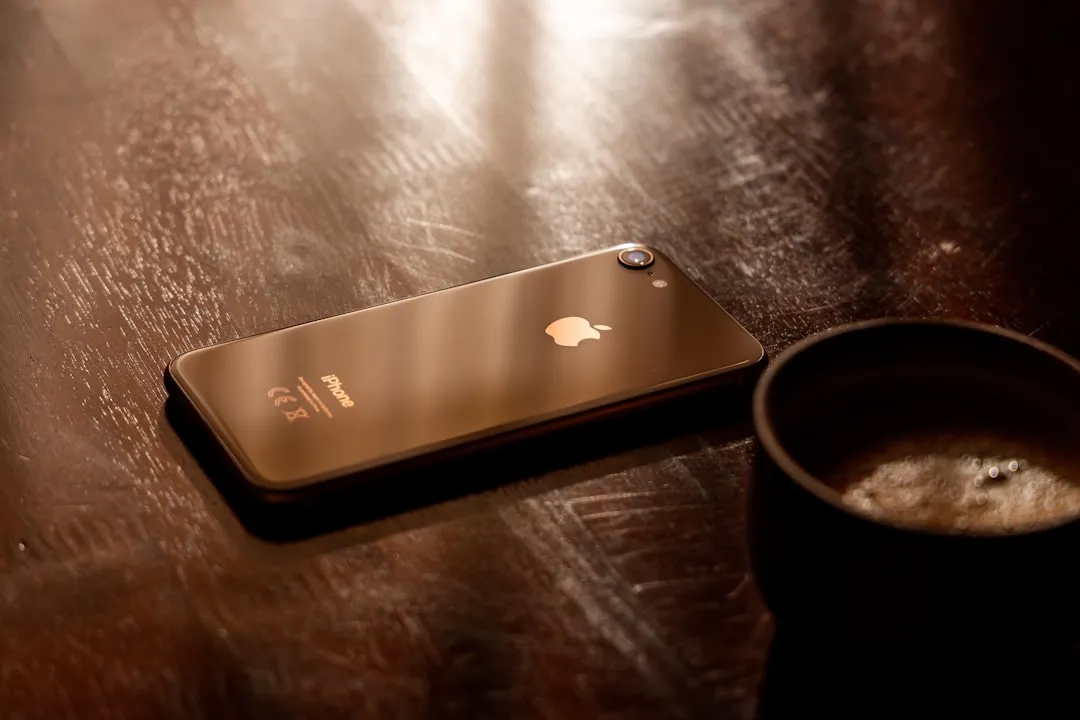
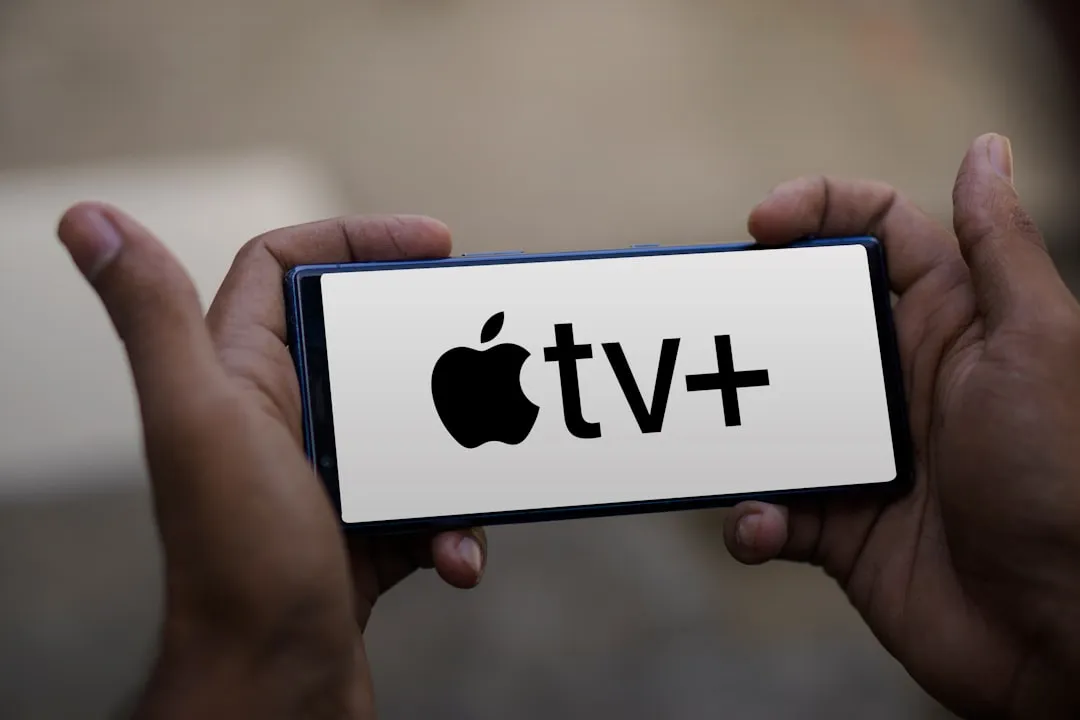
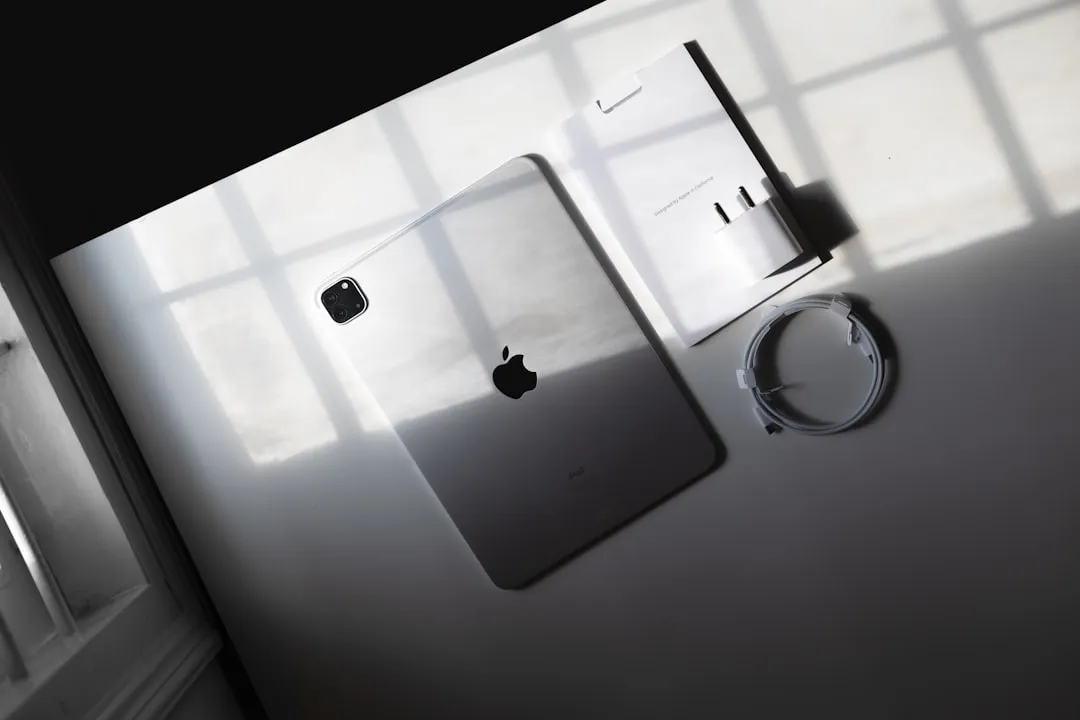
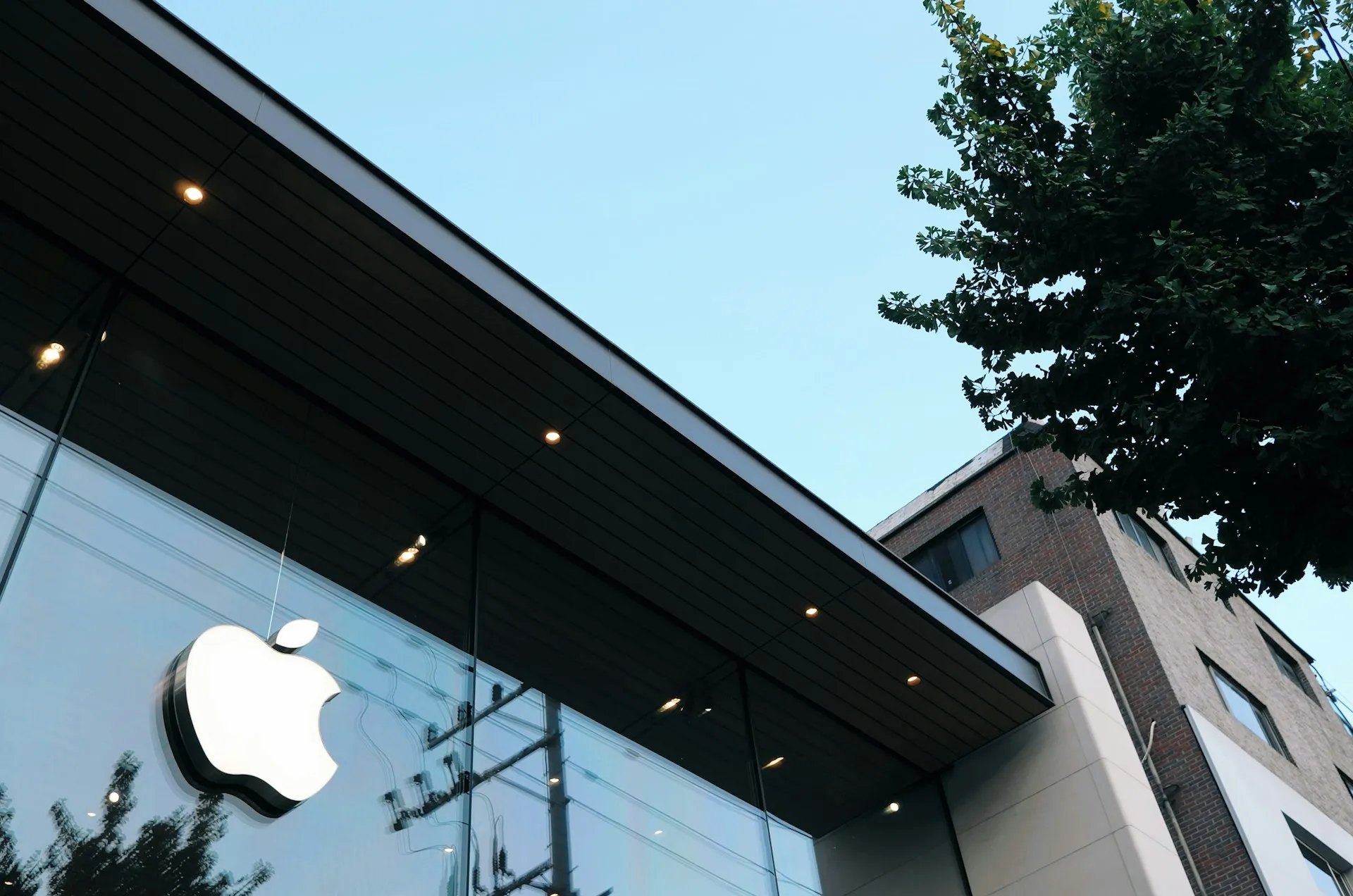
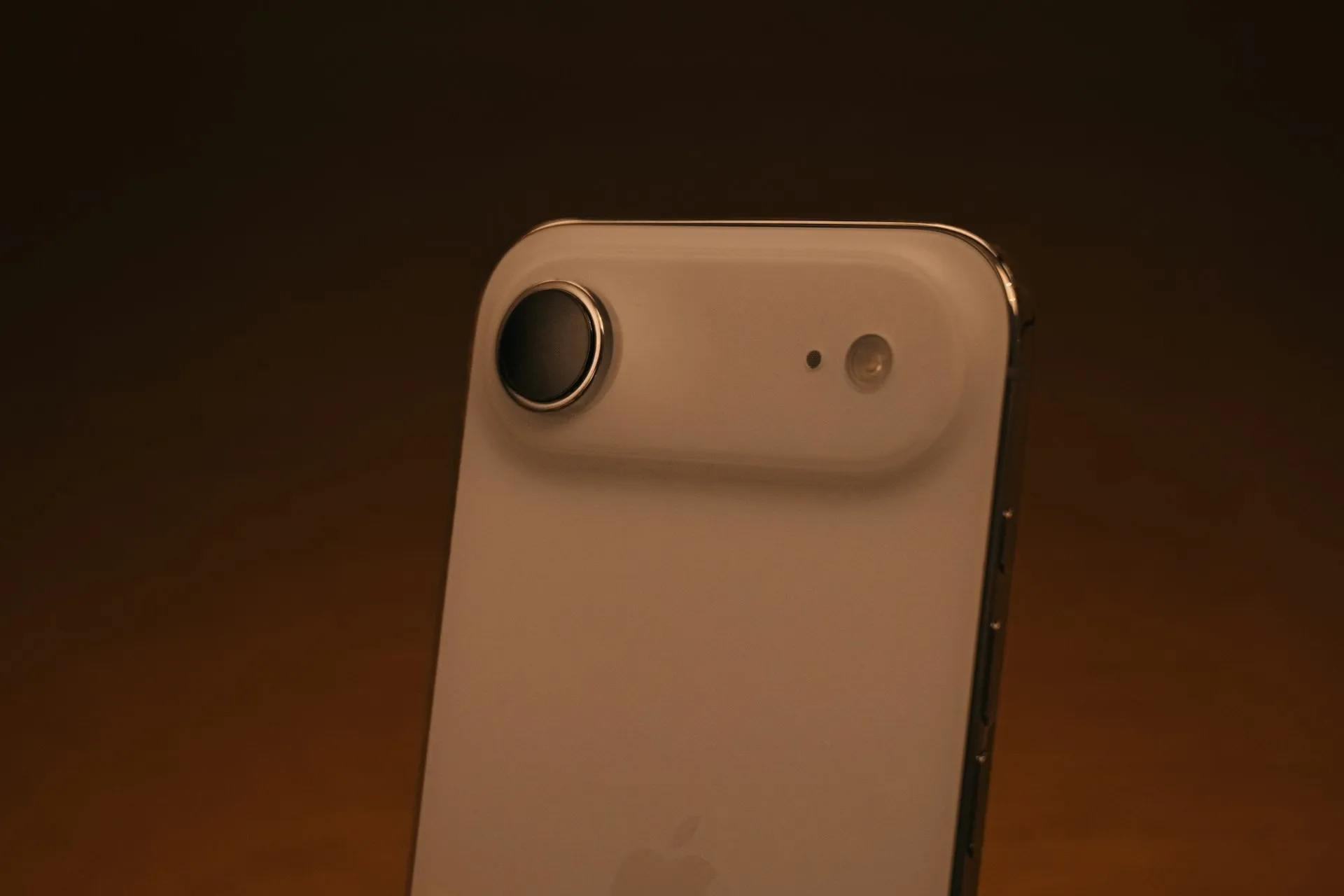

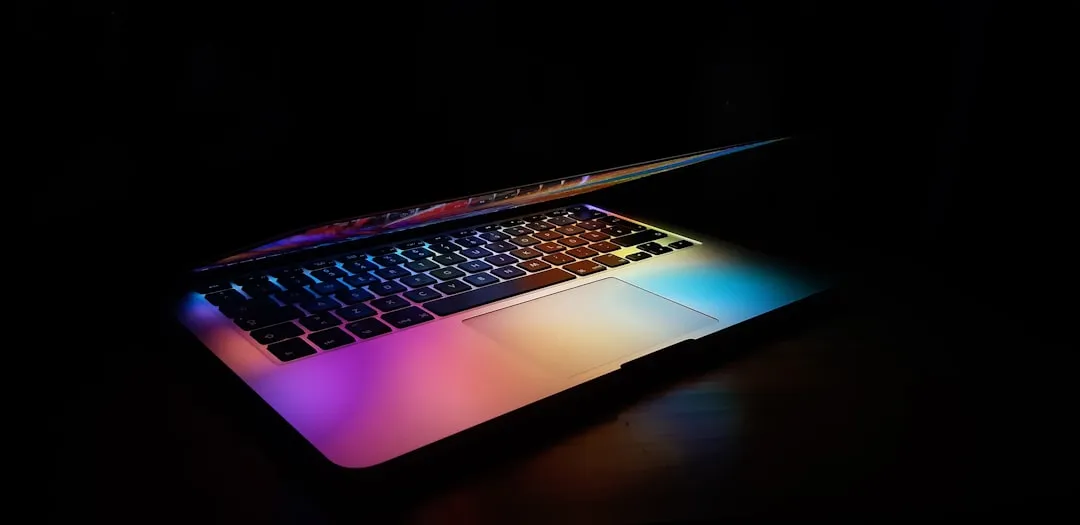
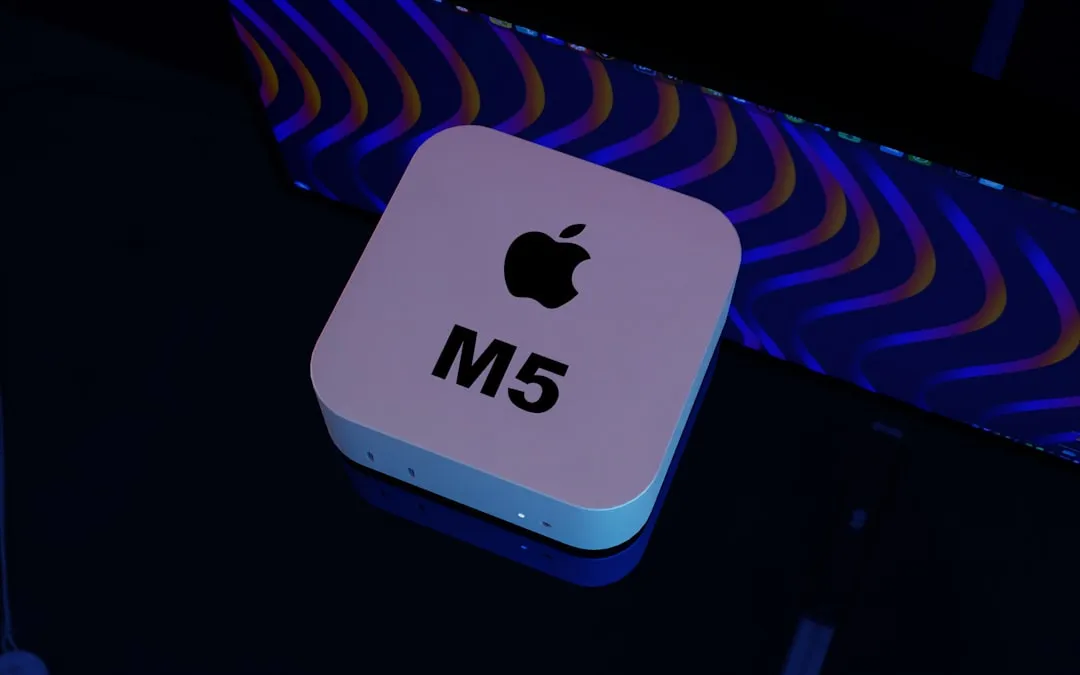
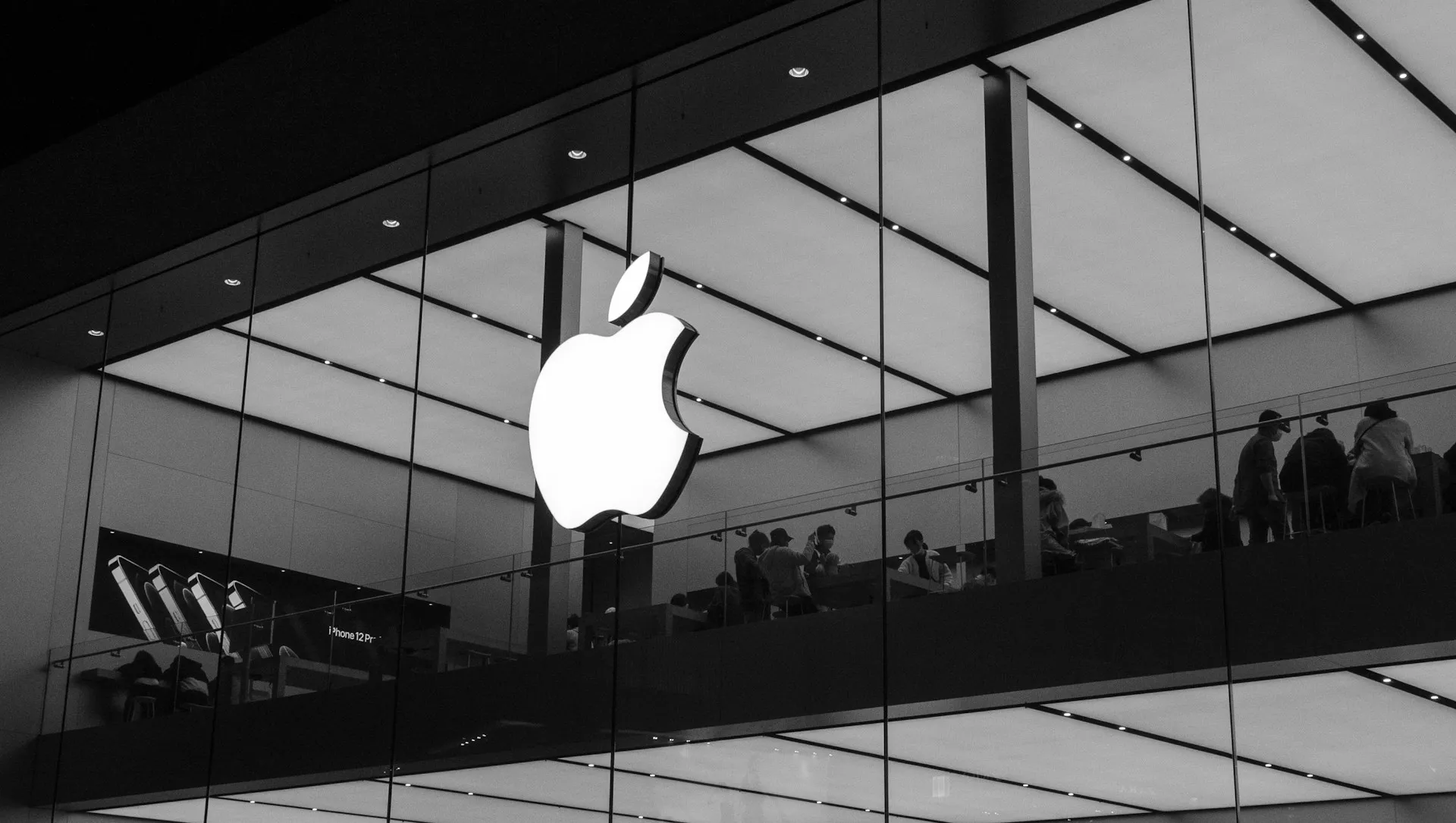
Comments
Be the first, drop a comment!